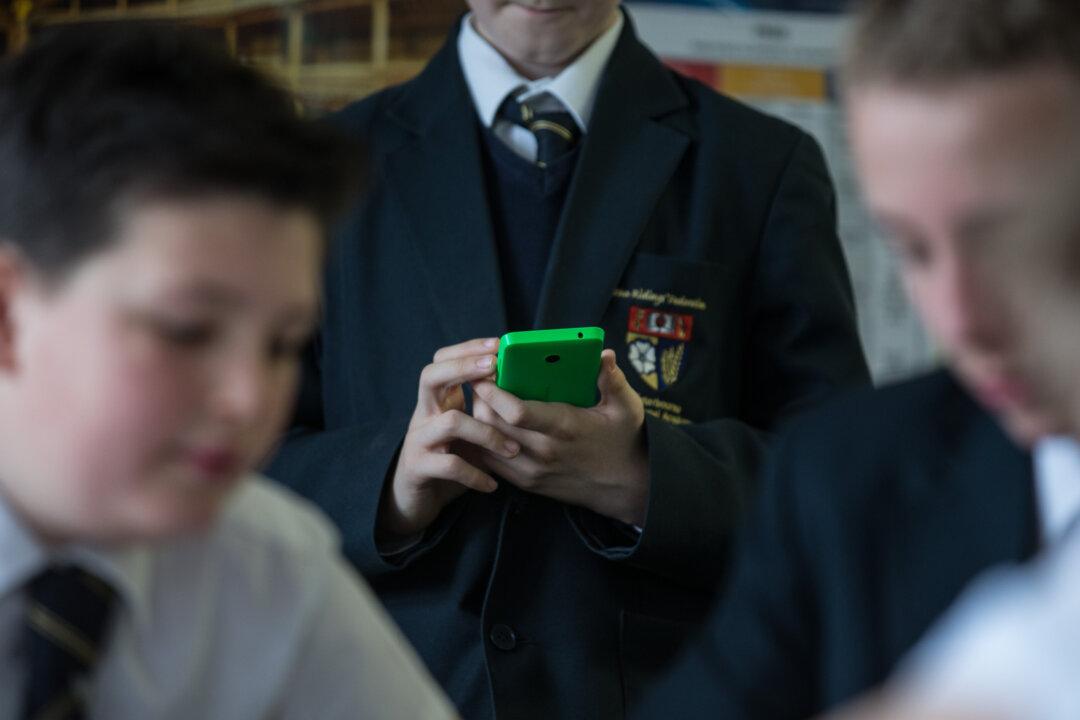Education Secretary Gillian Keegan has set out plans to ban children from using mobile phones in school, saying they are to blame for “distraction, disruption, and bullying.”
But the proposed blanket ban on pupils using mobile phones in schools across England was immediately criticised by the leader of one of the big teaching unions who said it “could cause more problems than it solves.”





